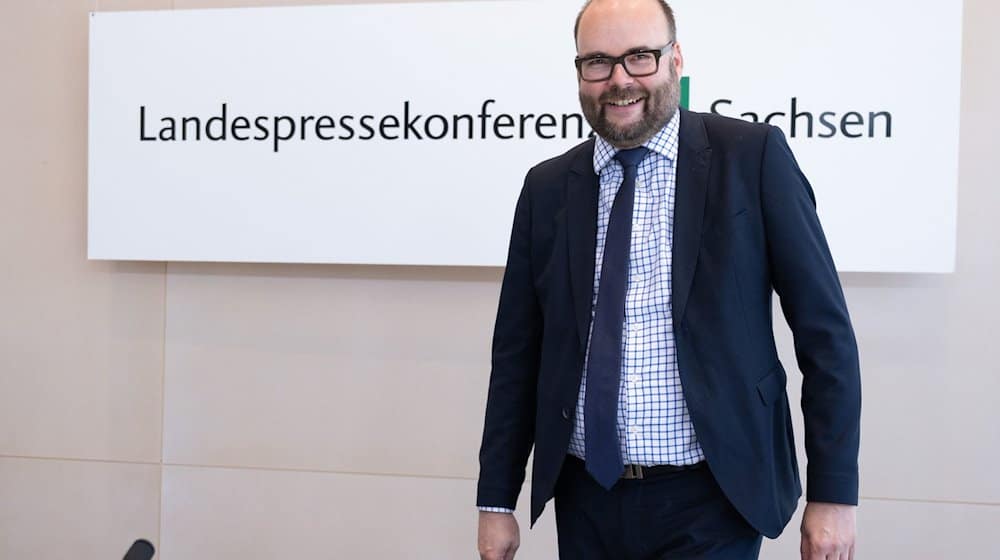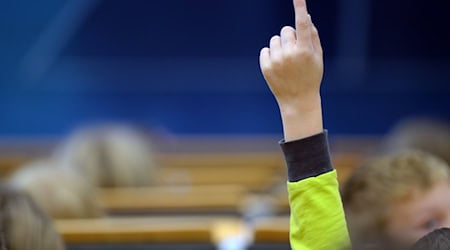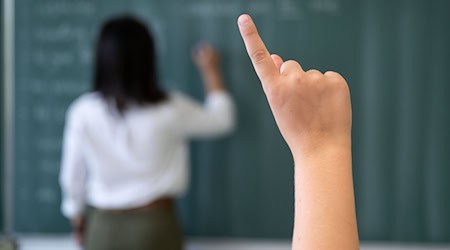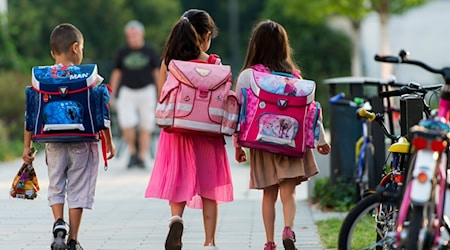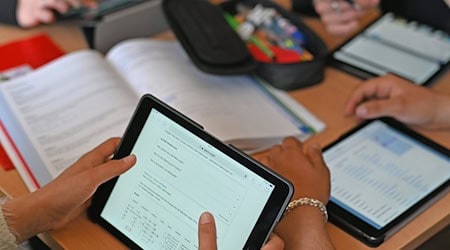Digital content, interdisciplinary lessons and self-determined learning - this is what the new education plan for pupils in Saxony envisages. As part of the "Bildungsland Sachsen 2030" project, a strategy with a total of 64 measures has been developed to make schools fit for the challenges of the future, as Minister of Education Christian Piwarz said at the presentation in Dresden on Thursday. The implementation of the measures is to be prepared during the next school year and begin from the school year after next. Implementation should be completed by 2030
"In the Saxon school system of the future, we will place much greater emphasis on taking into account the relevance of the world around us," said Piwarz. Young people should be able to apply what they learn at school later in life. The measures therefore included interdisciplinary teaching and the integration of self-directed learning into the timetable. Digital teaching and learning content is envisaged as a natural part of everyday school life.
The education system will remain performance-oriented, emphasized Piwarz. "Grades will continue to be part of the Saxon education system in the future." There will be opportunities to try things out, but grading will not be curtailed or even abolished. Project manager Mathias Böhme explained that there will be room for alternative forms of assessment at elementary school, but not in the core subjects of German, mathematics and general studies. At secondary schools, there will be a pilot project with scientific support.
Piwarz announced more freedom and autonomy for schools. With a global budget, schools will be able to make more local decisions themselves in future, such as whether and how they contract external staff, finance individual learning opportunities for pupils and further develop school quality. Schools are also to be strengthened by multi-professional teams. "We need significantly more staff at schools who can look at young people and pupils in their entirety with all their problems and challenges," said Piwarz. This includes school social workers, school assistants and practical advisors.
The package of measures is the result of a multi-stage consultation process. Initially, experts developed 218 recommendations for the further development of school education in the state, which were then discussed and evaluated in five regional education forums with teachers, principals, pupils and parents. In addition, a panel of head teachers and representatives of the Saxon Association of Towns and Municipalities and the Saxon Association of Districts also assessed the proposals.
Copyright 2024, dpa (www.dpa.de). All rights reserved

